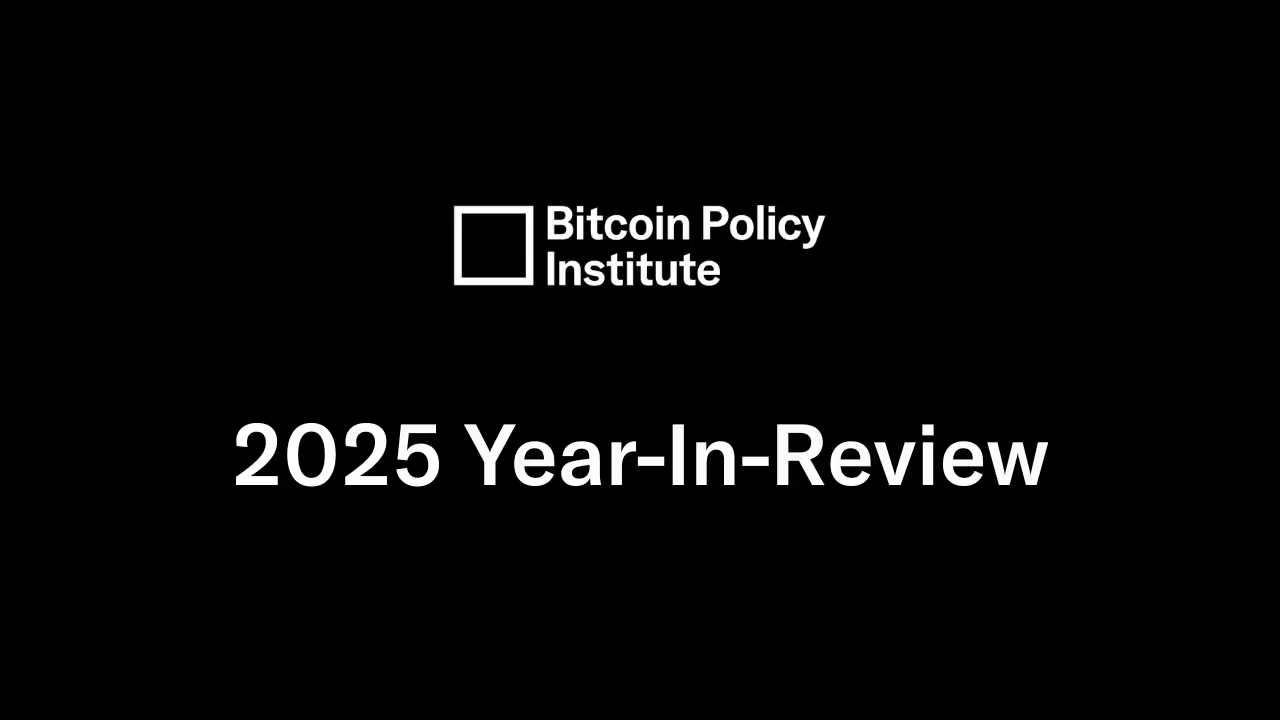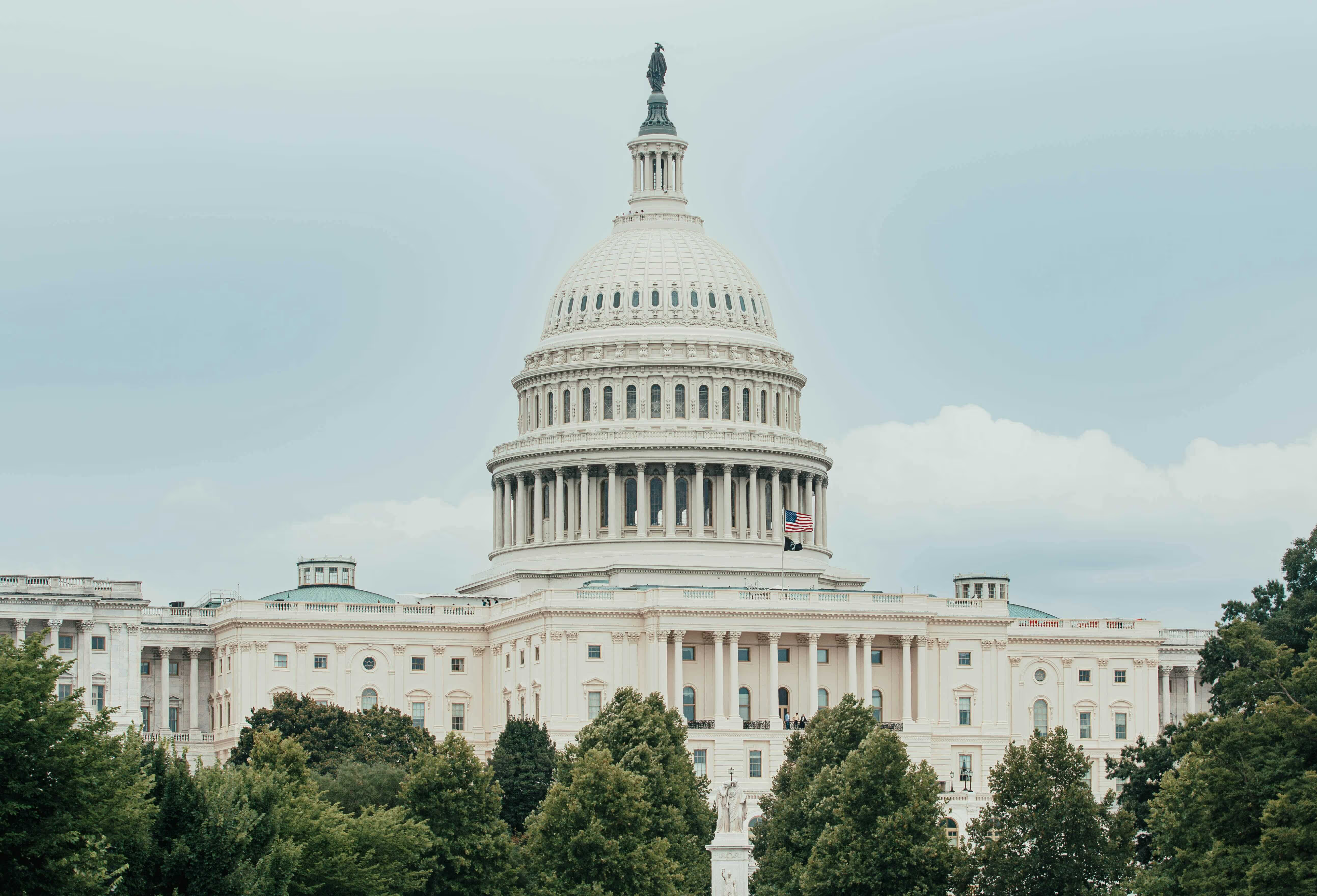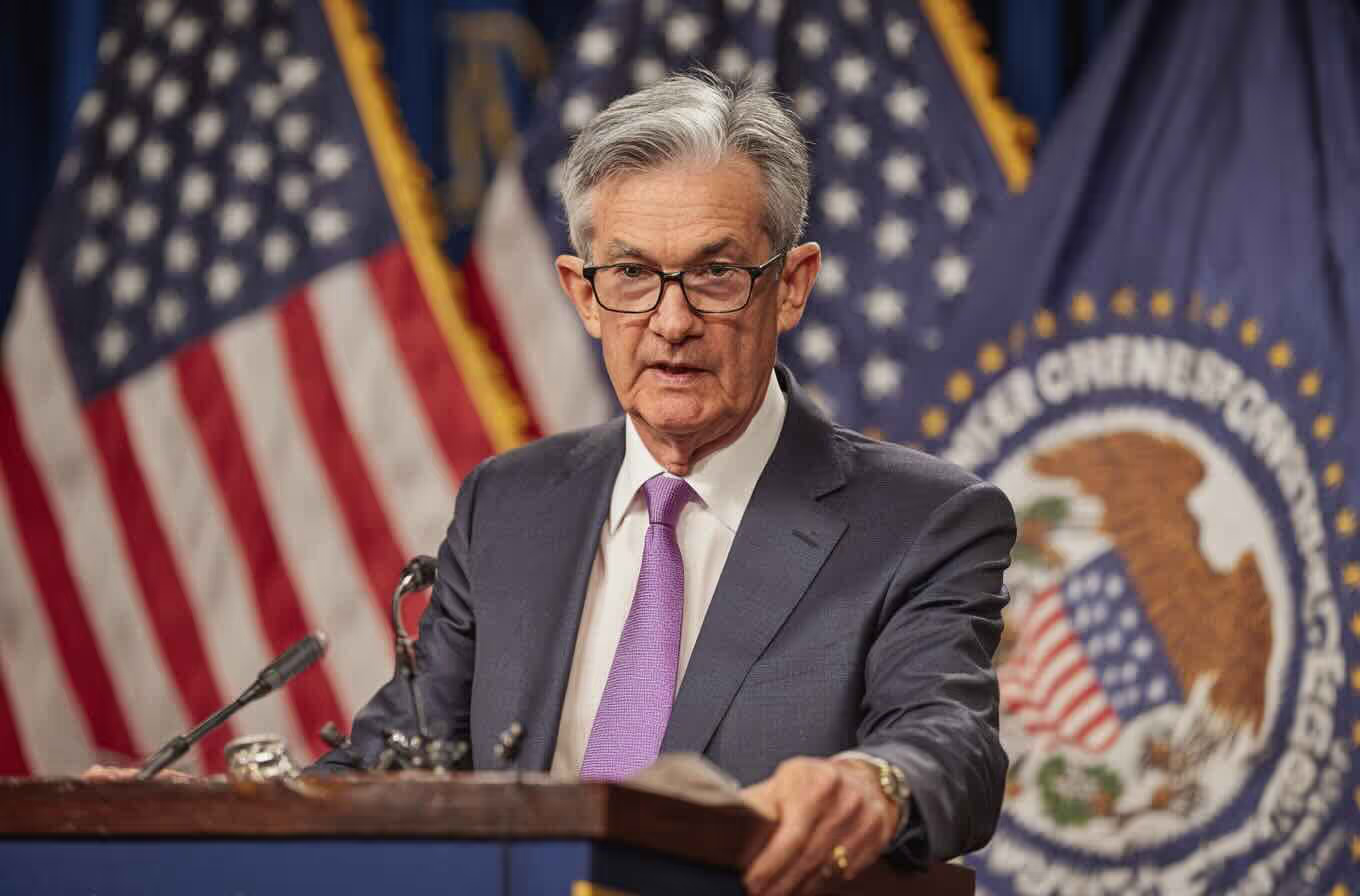Sanctions and Sanction-Resistant Money
How Bitcoin disrupts global sanctions — and why censoring miners may backfire.

Introduction
Payments require both an asset, such as the dollar, and payment rails over which the asset travels, such as Fedwire. The dollar dominates global payments, and dollar payment rails help the United States dominate the globe. Global demand for dollars moving over dollar rails gives the United States considerable leverage over the rest of the world, leverage it exploits through international economic sanctions.
Economic sanctions remain potent partly because sovereign nations can coerce trusted parties within the financial system. Compliant trusted parties bar sanctioned entities, seize their assets, and block their transactions. Economic sanctions, then, amount to various kinds of financial censorship.
Monetary technologies—both old and new—permit the custody and transfer of value without trusted parties. Unlike the dollar units slung through electronic payment processors, gold and cash require no trusted parties for custody or transfer; they are physical bearer assets. With cryptocurrency technology, bearer assets have entered the digital sphere. Along various dimensions and to varying degrees, cryptocurrencies minimize the trust required of central authorities to custody and transfer funds. And because cryptocurrencies lack mass, they can traverse distances more quickly than traditional bearer assets. By pairing the speed of electronic money with the trust-minimization of physical cash, cryptocurrencies pose new challenges for law enforcement generally and for international sanctions in particular.
Among cryptocurrencies, bitcoin relies on trusted parties to a lower degree than any other. The bitcoin network settles transactions not through trusted intermediaries but through a globally dispersed, permissionless, and highly competitive market of bitcoin miners. Because miners imbue the network with such a high degree of censorship-resistance, they have begun to attract attention from policymakers and regulators intent on preserving the power of economic sanctions. As a new institutional technology with geopolitical ramifications, this scrutiny is to be expected.
Although bitcoin miners do not serve as trusted parties in the traditional sense, U.S-domiciled miners may provide avenues for effective sanctions. Below, we outline two mining-centric proposals for censoring sanctioned entities and evaluate their feasibility. As bitcoin matures and settles more cross-border payment volume, these proposals will likely gain popularity due to their surface-level plausibility. However, although sanctions may often limit harm, these specific proposals are likely to do more harm than good—or simply no good at all. A more pragmatic orientation toward bitcoin opens up a more realistic array of compliance and enforcement strategies.



.svg)






